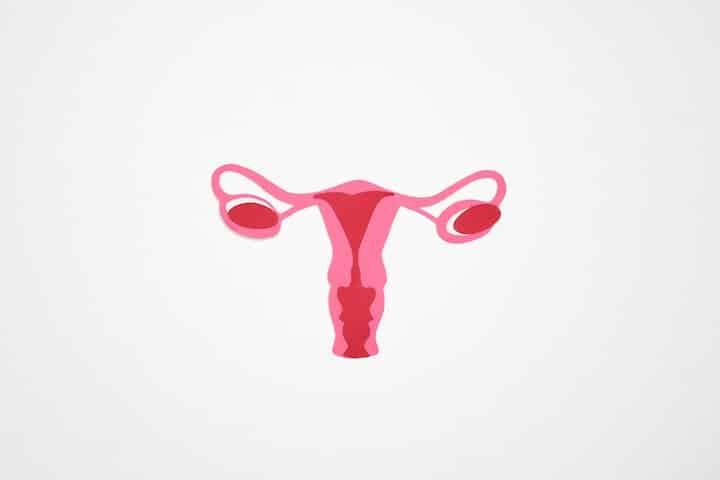Introduction
Empowerment stands as a beacon in the journey through ovarian and uterine cancers, transforming the narrative from a passive battle against disease to an active navigation of resilience and informed decision-making. Say’s Dr Scott Kamelle , this article delves into the crucial aspect of patient empowerment, exploring the tools, support systems, and strategies that empower individuals facing the challenges of ovarian and uterine cancers.
Educating for Empowerment: Knowledge as a Catalyst
Central to patient empowerment is the acquisition of knowledge. Understanding the nuances of ovarian and uterine cancers, from risk factors to treatment options, empowers individuals to actively participate in their care journey. Oncologists and healthcare providers play a pivotal role in imparting this knowledge, ensuring that patients are equipped with the information necessary to make informed decisions.
Educational initiatives, support groups, and readily accessible resources contribute to this empowerment process. By demystifying medical jargon, clarifying treatment options, and fostering open communication, healthcare professionals empower patients to become active partners in their healthcare journey. Knowledge not only dispels the shadows of uncertainty but becomes a catalyst for shared decision-making and informed choices.
Navigating Emotional Terrain: Psychosocial Support for Resilience
The emotional toll of ovarian and uterine cancers is profound, necessitating a holistic approach that extends beyond medical interventions. Psychosocial support becomes a cornerstone in empowering patients to navigate the emotional terrain of cancer diagnosis and treatment. From the shock of diagnosis to the rigors of treatment, individuals facing ovarian and uterine cancers need a robust support system.
Counseling services, support groups, and mental health professionals offer avenues for patients to express their fears, anxieties, and hopes. The power of shared experiences within a supportive community cannot be overstated. Empowering patients emotionally involves acknowledging the psychological impact of cancer, fostering resilience, and providing tools to cope with the challenges that arise. By addressing the emotional dimensions, healthcare providers contribute significantly to the overall well-being of patients.
Shared Decision-Making: Empowering Patients as Active Partners
The paradigm of healthcare is shifting towards shared decision-making, recognizing the importance of involving patients in choices that impact their treatment journey. Empowering patients as active partners in decision-making not only respects their autonomy but also enhances treatment adherence and overall satisfaction with care.
Oncologists engage patients in discussions about treatment options, potential side effects, and long-term outcomes. This collaborative approach acknowledges the unique circumstances and preferences of each patient, tailoring the treatment plan to align with individual values and goals. In this era of personalized medicine, shared decision-making becomes a potent tool in fostering a sense of control and empowerment throughout the cancer journey.
Advocacy and Access: Empowering Patients Beyond Treatment
Patient empowerment extends beyond the confines of treatment rooms into the realms of advocacy and access to care. Advocacy involves not only raising awareness about ovarian and uterine cancers but also actively participating in initiatives that drive policy changes, research funding, and improved healthcare infrastructure.
Access to care, including financial support, transportation, and navigational assistance, becomes a critical component of empowerment. By addressing barriers that may impede access to quality care, individuals facing ovarian and uterine cancers are better equipped to traverse the complexities of the healthcare system. Empowering patients through advocacy and access initiatives amplifies their voices, fostering a collective strength that transcends individual battles.
Lifestyle and Wellness: Empowering Through Self-Care
Empowering patients involves a comprehensive approach that encompasses not just medical interventions but also lifestyle and wellness considerations. Integrative therapies, nutritional guidance, and exercise regimens tailored to individual capabilities contribute to a holistic sense of well-being.
Empowering patients through self-care emphasizes the importance of actively participating in one’s health journey. Lifestyle modifications, stress reduction techniques, and attentive self-monitoring become tools that empower individuals to take charge of aspects within their control. This proactive stance towards wellness complements medical treatments, fostering a resilient mindset that is integral to navigating the challenges posed by ovarian and uterine cancers.
Conclusion: A Journey of Empowerment
The journey through ovarian and uterine cancers is not defined solely by medical interventions; it is a narrative of empowerment, resilience, and active engagement. From the foundational knowledge that forms the bedrock of informed decision-making to the emotional support systems that nurture resilience, patient empowerment becomes the linchpin of a comprehensive care approach.
As we navigate the multifaceted terrain of ovarian and uterine cancers, patient empowerment emerges as a guiding force, transforming a challenging journey into a narrative of strength and informed choices. By empowering individuals facing these resilient foes, we not only enhance the quality of care but also instill a sense of agency that transcends the boundaries of illness.
